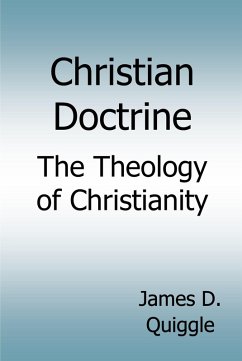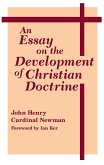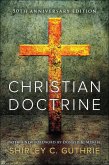I am not writing for academics but for the Christian in the church Sunday School or Bible study group who usually has unanswered questions, because he or she is not encouraged to ask questions (and too often the teacher [or facilitator] does not have answers). In the "classroom" that is this book questions are welcomed and answers given. Every believer has an obligation to understand theology to the best of his or her ability. At the least, one should know and understand the essentials of the faith.
In addition to the ten disciplines of systematic theology (Bibliology, Theology Proper, Christology, Pneumatology, Anthropology, Hamartiology, Soteriology, Ecclesiology, Angelology, and Eschatology) the work includes chapters on Hermeneutics, Dispensationalism, the interrelationship between Ecclesiology, Israelology, and Dispensationalism, a chapter on theological triage (Unity and Harmony in Diversity), and Heresies. Six appendices add additional explanations.
Dieser Download kann aus rechtlichen Gründen nur mit Rechnungsadresse in A, B, CY, CZ, D, DK, EW, E, FIN, F, GR, H, IRL, I, LT, L, LR, M, NL, PL, P, R, S, SLO, SK ausgeliefert werden.









